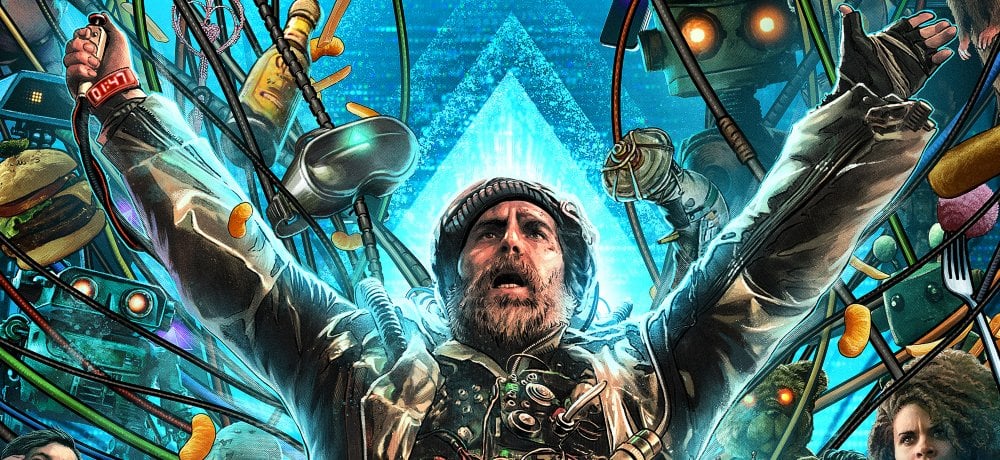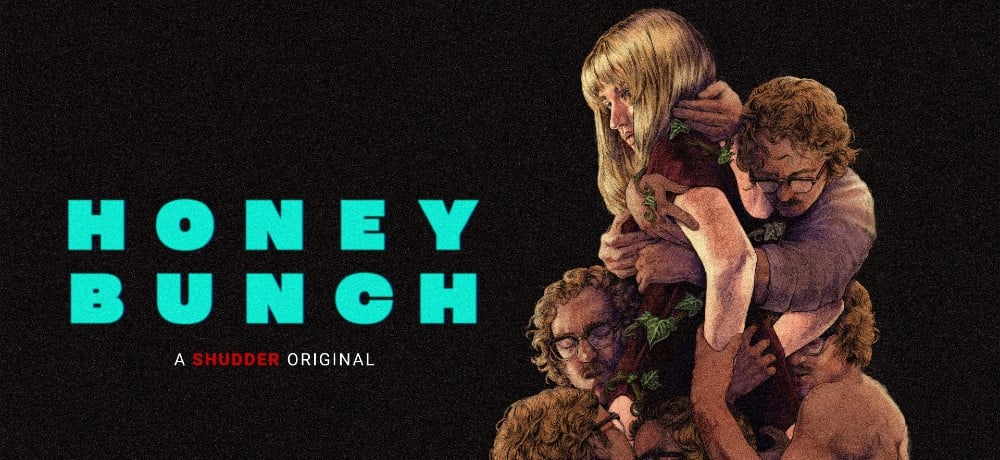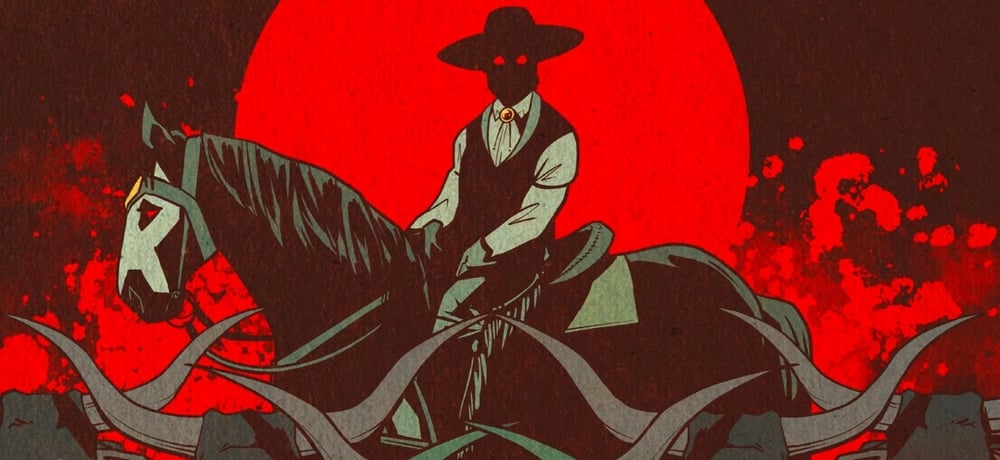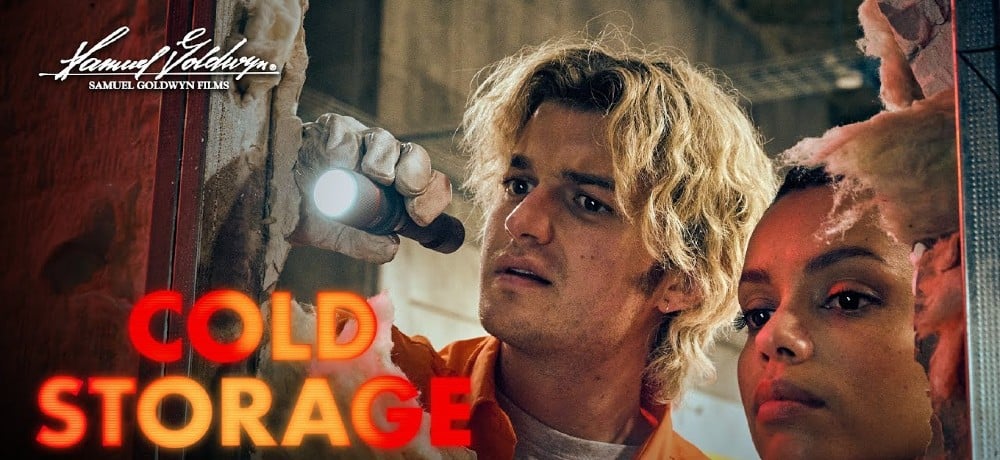





Arriving in theaters and on digital platforms everywhere today is Sylvia and Jen Soska’s remake of Rabid, which follows an aspiring fashion designer named Rose (Laura Vandervoort), who is involved in a terrible accident that leaves her horribly scarred and unable to adapt to her new circumstances. She decides to participate in a radical stem cell treatment that not only cures her, but transforms Rose in unimaginable ways that leaves a trail of victims in her wake.
Daily Dead recently had the chance to speak with The Soska Sisters about taking on Rabid and their approach to the material (which was incredibly forward-thinking for its time), and how they wanted to make sure they represented David Cronenberg’s legacy in their latest feature film. Jen and Sylvia also discussed collaborating with Rabid star Laura Vandervoort, and how much it means to them to be able to represent the legacy of Canadian horror with their filmic projects.
I know that this film was in the making for quite a bit. Can you talk about taking on the story of Rabid in particular? You joked that Dead Ringers might have been something more appropriate for the two of you. So, what was it about Rabid in particular that really spoke to both of you? And can you discuss making it applicable to our times, especially with Rose and the journey she is on in this film?
Sylvia Soska: When we first got the opportunity to remake a Cronenberg film, it wasn't because we were setting up to do one, it was because Rabid was available and because the people who had bought the rights weren't familiar with Cronenberg's work. When they Googled his name, our name had actually popped up, so they thought, "What had you ladies done that was so similar to his stuff that you thought you would be able to do something like this?" And a lot of people on the internet seemed to draw that as a comparison.
For Jen and I, it just seems like the right stuff, because ten years into his career, he remade The Fly, and it took eleven years for us to get to the point where we got to remake Rabid. But it's so appropriate because 41 years ago, stem cell manipulation wasn’t even a term that had been coined, but David was already anticipating it. And what he was really talking about was transhumanism experiments. When you look at right now and you hear news internationally about people hybridizing humans and pigs, and humans and rats, it's like Cronenberg already knew something that was happening. He was talking about how we were going to normalize cosmetic surgery. He talked about how we were going to normalize how our technology is going to connect us, but keep us actually farther apart. So, everything he saw, it was almost like the seeds already existed 41 years ago. And it actually blossomed into more of a horror story that's very appropriate for today.
Jen Soska: And, with all due respect to Mr. Cronenberg, there has never been, I think, a more perfect example of male gaze for a film versus a female gaze for a film. Mr. Cronenberg is heterosexual and God bless him—or maybe God not bless him because he is also an atheist—he doesn't believe in anything, really, beyond the scientific source. But Sylv and I are pansexual. So, as much as we love women and think they're sexy, we also like to see them empowered. And we're also very spiritual. So you very much feel the identity of Rose in ours versus Mr. Cronenberg's. In his original, Rose didn't have a career, she didn't have a last name, and she was very much an appendage of her boyfriend, Hart. In our version, Rose is very much driving her own story.
Absolutely, and I was wondering if you could address that, because, I think both of you being creatives, you understand how the creative process can eat you up and consume you as you go along and we see a little bit of that with Rose. Especially towards the end, when things are getting a bit out of hand. Was that conscientious on your parts at all, or am I reading too much into it?
Sylvia Soska: Wow, that means so much to hear. I love that because so often, Jennifer and I grew up watching horror movies with my mom, but when looking at those movies, I wouldn't see any of us reflected in those characters. There would be aspects I'd love of those characters, but I didn't see a modern woman and I didn't see her find sacrifices in her own horror show.
So, with Rose, she knows she's self-destructing and part of that comes through her work. Even when she wakes up in the hospital after her accident, and she's like, "What about work?" Because her life in fashion is so dog-eat-dog that if you're sick even a day, you're not going to keep going. In the hospital scene, doctors tell Rose to not be alone, but in what realistic world is there going to be two people in their 20s or 30s going to be able to stay home and look after each other while somebody's recovering? You have to work so much. You have to work like several jobs to be able to make ends meet.
Jen Soska: And very much as in American Mary, where her underground surgery is a metaphor for our own struggles in filmmaking, Rabid is a very self-aware film where Rose is cutting and sewing and working with her hero, Gunter, is very much like our remaking a great master's film. So, in the film, I don't think there's ever been such a love letter of a remake, as well as such a self-aware remake of what it's like to not just struggle in our position, but for any woman to struggle in this business. And also, my favorite message you can take away from Rabid is do not kill yourself for your career. Because it's not worth it.
How was it working with Laura, and what it was that you saw in her that made her perfect for this iteration of Rose?
Jen Soska: I'm such a fan of Laura’s. I learned that she hadn't had a lot of opportunities to work with female directors. And I find especially when you're an actress as beautiful as Laura is, a lot of people just get caught up on how gorgeous she is. But she's also a black belt. She's also a vegan. She's also a lot more things than just beautiful. If I was to list out all the things that Laura Vandervoort was, beautiful would be somewhere in the low end of the list. And that's not because she isn't beautiful, it's just because she has so many other qualities. So it was so nice to be able to build this character of Rose with her, which is really reflective of modern women.
I feel a lot of us are just so wounded, and I think that we're forced to carry our traumas and continue putting on a brave face. But those traumas become mental illness, and it becomes self-hate. You see at the beginning of this film, Rose is already so wounded, but she has this great job, but she never feels that she deserves to be there. That's another message with the plastic surgery. You fix the outside, but the inside isn't fixed. Laura, with her eyes even, there's parts of the film she can't speak, and she's able to convey that emotion so beautifully. Alfred Hitchcock always said, "Blondes make the best victims." Blondes also make the best anti-heroes as well.
Sylvia Soska: I remember that David originally wanted to hire Sissy Spacek for the role of Rose, but they refused to hire her because of the accent. They ended up having Marilyn Chambers instead, and both of them are awesome actresses in their own right. So we wanted to have somebody who was like a blend of the two. It was so cool because Laura would watch the original film, and there are scenes where we were trying to remake, like re-imagine the original, and she emulated what Marilyn did so perfectly. It almost looked like she was exactly her. It was just such a thrill to be able to have that throwback to the original content in that way. If it wasn't for that original film in 1977, none of us would've made something like that. It's crazy that 41 years later, we're still talking about it. Then after this, I'm sure they're going to make another one in 20 years or something.
Jen Soska: Laura's such a team player. The prosthetics, the blood—sometimes you have to beg or trick an actor or actress into getting messy or disfigured horribly, but Laura was all for it. With the facial deformity, she was totally into it and that required a lot of trust, too. So I can't commend her enough for that. She did some pretty weird shit in this film.
You ladies have been able to represent Canadian horror for over the last decade or so. I think there's a really great legacy of Canadian horror that we've seen really come into its own. It wasn't something that maybe necessarily popped out in the ’80s, but it certainly was being established in the ’80s. How much does it mean to the both of you to be able to represent working on the Canadian horror scene these days?
Jen Soska: It is so important for us to have a Canadian cinematic national identity. One of the sad jokes about Vancouver is we are the backlot to Los Angeles because it takes shorter to fly through Vancouver than it does to drive across L.A. So, mostly we have a lot of American productions coming in.
So, with Rabid in particular, it was so important to us to showcase the legacy of Mr. David Cronenberg, who maybe almost single-handedly was the genre guy. He is the king of Canadian horror; he's in a league all of his own. And in Rabid, we had all-Canadian designers, an almost all-Canadian cast, and an all-Canadian crew. We had many people that were crew and cast in Mr. Cronenberg's work as well. Plus, when you look at other amazing Canadian filmmakers out there, you have the likes of Jeremy Gardner and Jason Eisener and Steve Kostanski, who are like the unsung, grindhouse Canadian guys who are still out there doing stuff, too.
Sylvia Soska: It's so important, because there's a joke that when people hear a movie's Canadian, they're like, "Oh. It must be bad." And that breaks my heart, because we have some of the most amazing talent out here. And in every kind of genre there's a few bad eggs that maybe don't respond to the right audience and you're like, "Oh. Maybe this is bad." But to be honest, there's such a weirdness and a creativity from the Canadian people, it makes me really proud to be able to represent it. I became a director because I saw Mary Harron defending the artistic merit of American Psycho and I was like, "Who is this lady? What is she doing? What the heck is this movie and why is she on the news defending it?" So, I finally found my calling.
Jen Soska: Yeah, most people don’t realize that American Psycho is a Canadian film, but it’s the coolest Canadian film ever made.